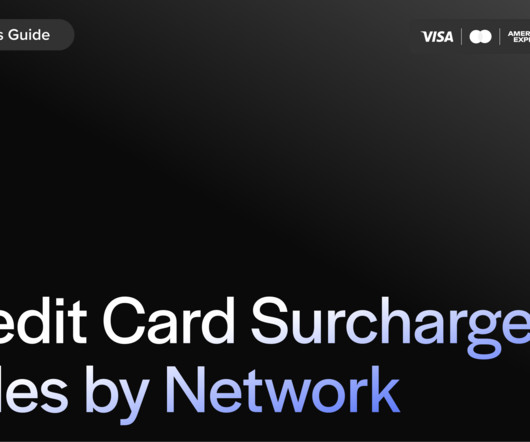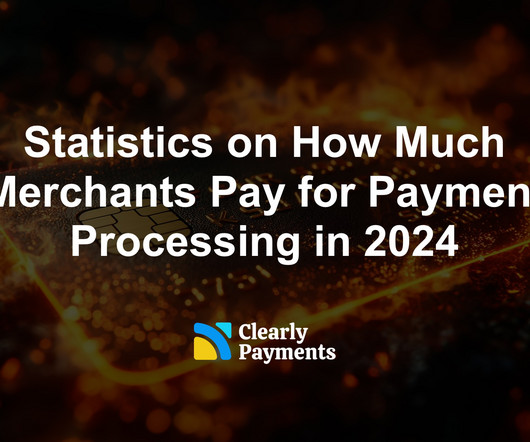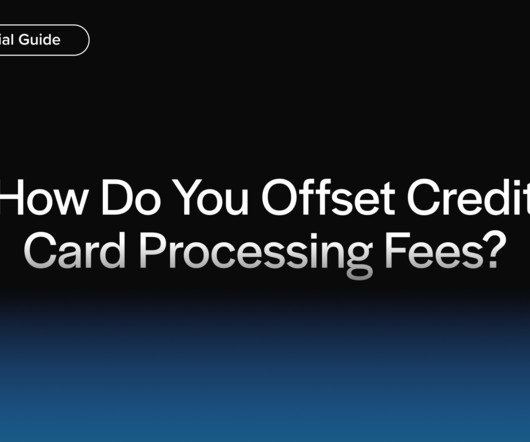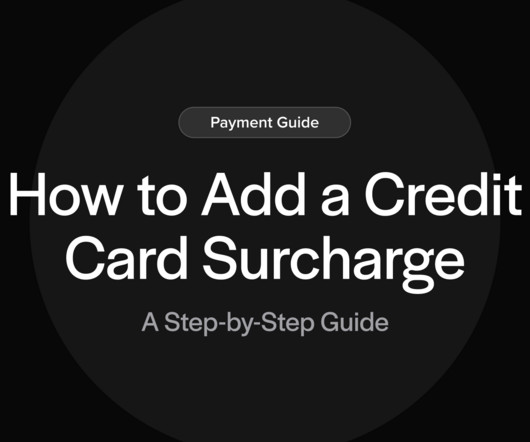The Price of Convenience: Is There Such a Thing as Free Credit Card Processing?
Stax
JULY 7, 2025
In this post, we’ll explore what surcharging entails and how it helps you tap into zero percent credit card processing. TL;DR Surcharging is a method for businesses to offset credit card processing costs by passing them on to customers. To understand surcharging, you have first to understand credit card processing costs.


















Let's personalize your content